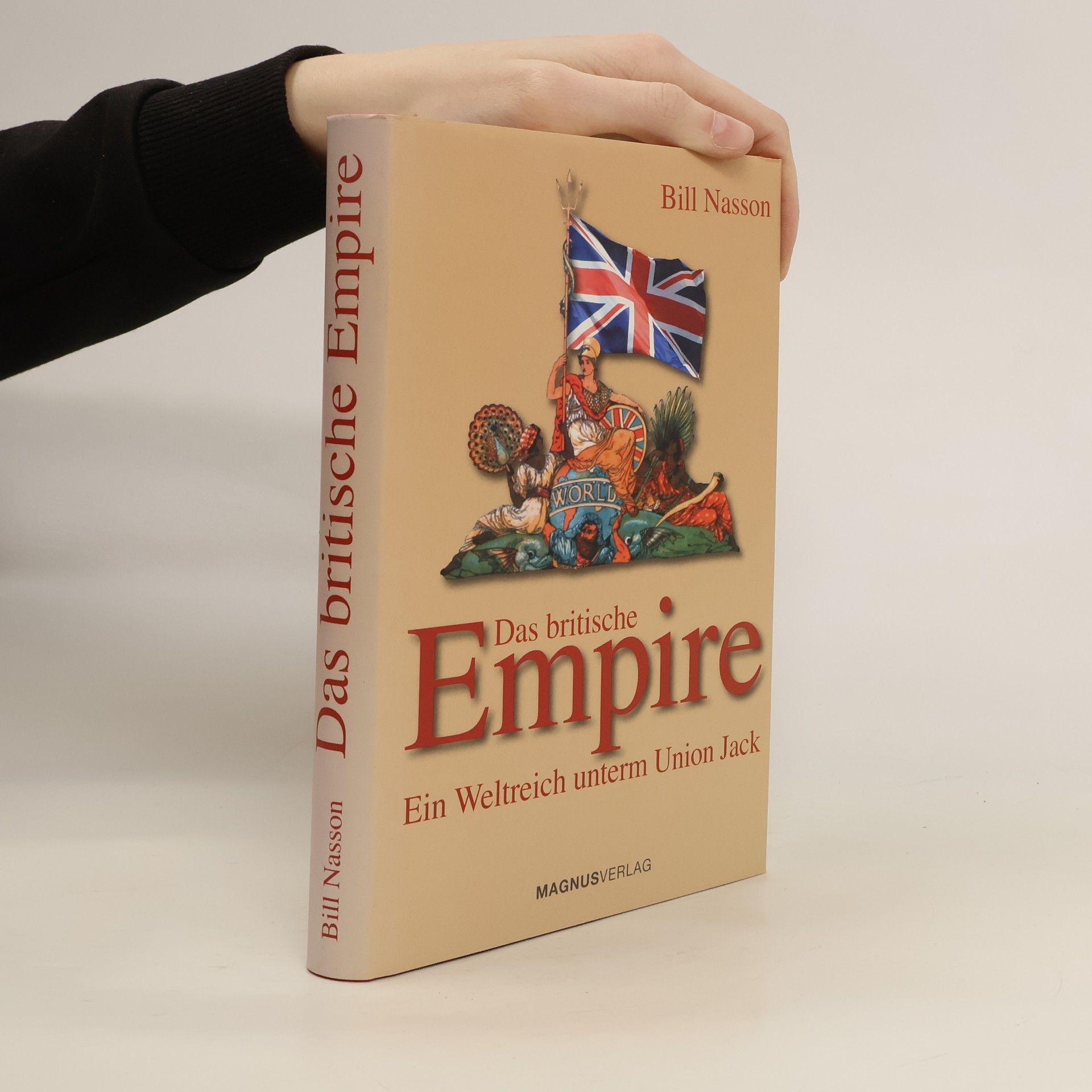Das britische Empire
- 270 stránek
- 10 hodin čtení
Fünf-Uhr-Tee, Polo und Mixed Pickles: Typisch englische Dinge, könnte man meinen. Aber keines von ihnen stammt wirklich von der Insel. Den Tee brachten die Briten aus China und Indien mit, genauso wie den adeligen Pferdesport und die Rezepte für eingelegtes Gemüse. Man würzte sich den Tee mit Zucker aus der Karibik und trank ihn aus Tassen von chinesischem Porzellan. DieDamen hüllten sich in Kaschmirschals aus Indien, die Herren rauchten Tabak aus Tobago. Südfrüchte, Kaffee, Gewürze, Gold und Sklaven - Handel und Profitgier waren die treibenden Kräftebei der Eroberung des Empire. Irland, Amerika, Afrika, Asien, Australien, Neuseeland und Polynesien - Englands Schiffe befuhren alle sieben Weltmeere, und der steife Engländer mit seiner Schnupftabakdose setzte seinen blassen Fuß auf alle Kontinente. Ob als Kauffahrer, Freibeuter, Entdecker oder mit dem Kanonenboot - es war Großbritanniens Macht zur See, die über alle Rivalen im Gerangel um die Kolonien triumphieren ließ und sein Empire zum größten Weltreich aller Zeiten machte. Die brutal unterdrückten Völker, auf deren Kosten sich der weiße Mann bereicherte, müssen heute noch mit den Folgen leben.
